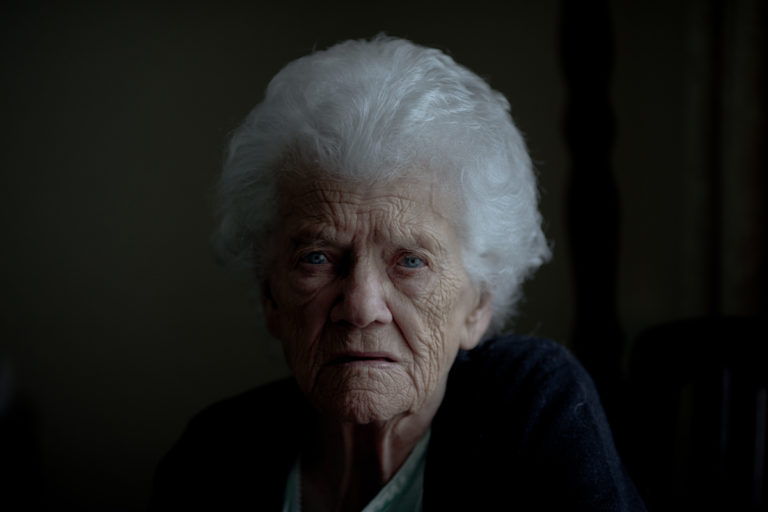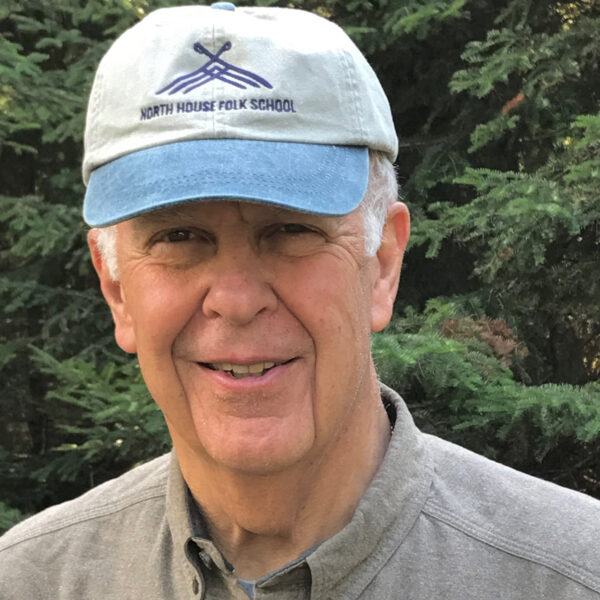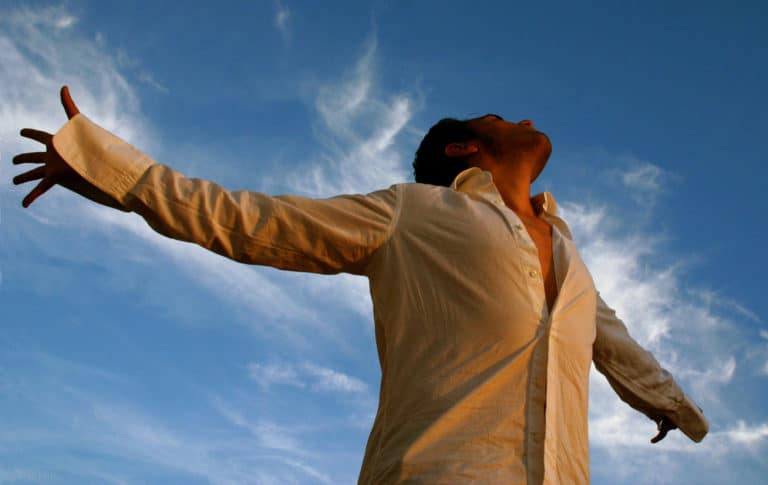
Image by Paul McGeiver/Flickr (CC BY-NC-ND 2.0)..
The Choice of Hanging On or Giving To
“To live in this world / you must be able/to do three things,” writes Mary Oliver in this well-known and much-loved poem. The three things she names are not easy, of course. But everything in my 75 years of experience tells me they are true — with a twist that’s at the heart of this little story.
Over the past decade, I’ve been reflecting on questions about aging and vocation — questions worth asking at any age, I think. I love my work. But with age come diminishments that keep me from doing as much of it as quickly as I’ve done in the past. The key question I’ve been holding seems simple enough on the surface: “What do I want to let go of and what do I want to hang onto?”
But I found that that question did not work for me, did not open onto a path I wanted to walk. So I took my quandary to a small group of trusted friends who sat with me for two hours. Their role was not to advise or “fix” me, but to ask honest, open questions and simply listen to me respond, giving me a chance to hear my own inner wisdom more clearly. (There’s more about this process that Quakers call a clearness committee.)
I emerged from that little gathering with something more important than an answer. I emerged with a better question. I’m no longer asking, “What do I want to let go of and what do I want to hang onto?” Instead I’m asking, “What do I want to let go of and what do I want to give myself to?”

I now see that “hanging on” is a fearful, needy, and clinging way to be in the world. But looking for what I want to give myself to transforms everything. It’s taking me to a place where I find energy, abundance, trust, and new life.
Yes, it was a “Well, duh!” moment for sure! But the more I live into it, the more I treasure it.
In Blackwater Woods
by Mary OliverLook, the trees
are turning
their own bodies
into pillarsof light,
are giving off the rich
fragrance of cinnamon
and fulfillment,the long tapers
of cattails
are bursting and floating away over
the blue shouldersof the ponds,
and every pond,
no matter what its
name is, isnameless now.
(Excerpted from American Primitive. Read the full poem here.)

